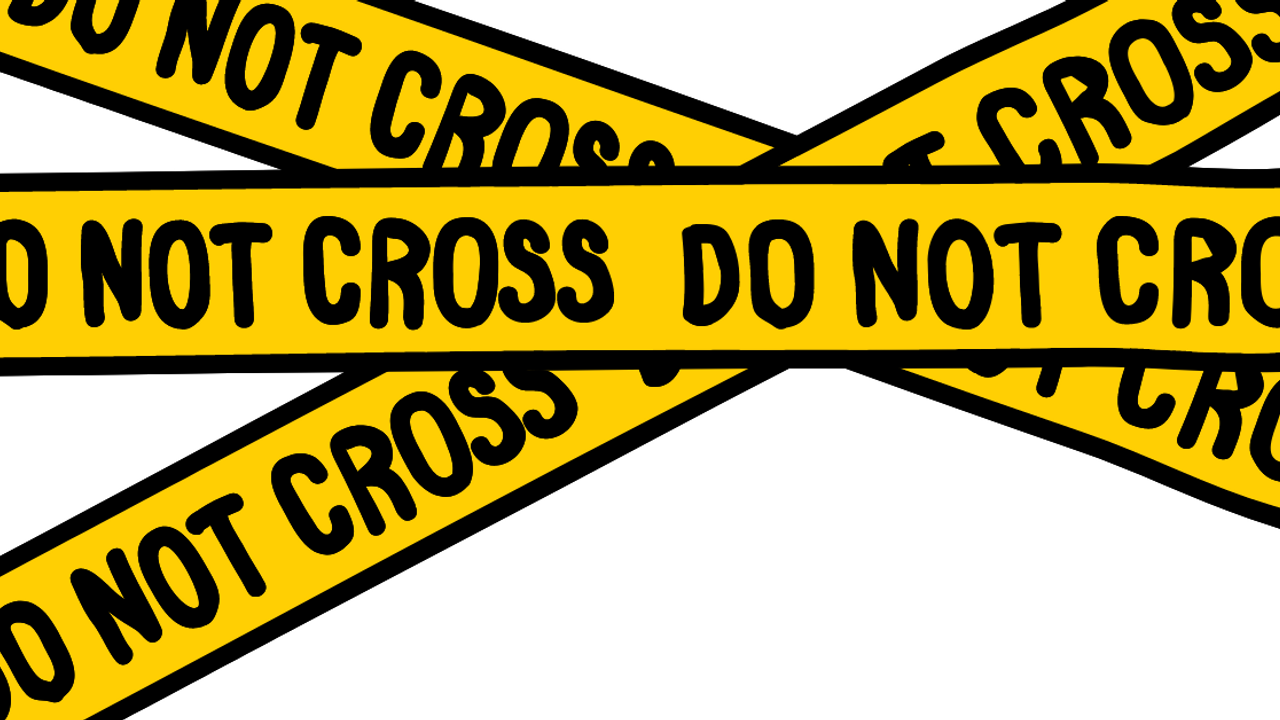Unsafe People, Consequences, and Boundaries
Oct 28, 2022
When we feel powerless, we may believe that we have no control over our lives and that we are powerless to change our circumstances. This can lead to learned helplessness. Learned helplessness is a psychological condition in which a person believes that they are unable to control the events in their life, even though they may be able to.
Boundaries can help us to shift from these feelings of powerlessness and learned helplessness to a place of exercising our agency and choices in a life-altering, empowering way. Where previously you may have felt like you had no control over what happened to you in life, you begin to recognize the choices and options that were previously invisible to you.
When we establish boundaries, we are essentially creating a line between what we are willing to tolerate and what we are not. This line can be physical, emotional, or mental, and it gives us a sense of control over our lives.
By setting boundaries, we are able to say "no" to things that do not serve us, and "yes" to things that do. This can be a difficult process, as we may have to let go of things that we are attached to, but it is a necessary step in taking back our power.
Once we have established our boundaries, we need to enforce them. This means that we need to be assertive and stand up for ourselves when someone or something crosses our line.
Unsafe people diminish us. We are less than we can be when we are with them, or under their influence. An unsafe person is someone who is unable to maintain healthy, safe, and respectful relationships with others. This may be due to a number of factors, including but not limited to: a lack of empathy, poor communication skills, a history of violence or abusive behavior, or a general disregard for the well-being of others.
There are a few things to keep in mind when communicating your boundaries with an unsafe person. First, it is important to be clear and concise in your communication. Second, it is important to be assertive, yet respectful. Finally, it is important to be prepared for the possibility that the unsafe person may not respect your boundaries. By keeping these things in mind, you can help to protect yourself from harm.
It is important to remember that we cannot control how others will react to our boundaries, but we can control how we respond. If someone does not respect our boundaries, we can choose to walk away from the situation.
Crossing your boundaries should come with consequences, and setting and enforcing those consequences is a choice that is available to you. The act of having set boundaries makes this choice clear for you.
The first consequence is simply informing the other person that they have crossed your boundaries. Using your words is a choice that you have.
The next consequence is a warning. If you continue to do this, I won’t be able to be there for you. I’ll have to pull back and keep things on a surface level. You may need to pull back in those parts of yourself that are vulnerable to this person. This is emotional protection.
Then if that isn’t working, we can set a physical limit. This is not full separation. Not yet, anyway. This is more like a time-out. This is saying: when you act like this, I am going to the other room, or I’m going to go to the movies, or do something else, until you can speak to me calmly. You remove yourself from the situation. I once had a neighbor that was upset about something to do with a dispute over our yards. She was very drunk and when I arrived home one evening, she came out and, with slurred speech and very colorful language, began to yell at me. I calmly informed her that I don’t have arguments with drunk people. I told her to come over tomorrow when she was sober, and that I’d be happy to to talk to her about it then. That is a physical separation. A time-out.
When the person continues to cross your boundaries, it may be necessary to bring in other people. You will say: I’m only going to talk to you about this issue if someone else is there. There’s safety in bringing other people in to the conversation. It may be something that is too big of a subject to settle easily if you know that you are prone to fight with this person about this topic. You can say, “I will only talk to you about this when we are together with the counselor, but I would be happy to discuss it then.” This may help them understand the scale of the issue, and they may understand that they need to address this.
The final consequence is actual separation. If you live with a drug addict and they continue to use drugs in your home, you will inform them that in this house, we do not use drugs. Until they have stopped using heroin, they may not live here. Sometimes it might be related to financial issues. You may need to tell someone, “I’m not going to pay for this behavior anymore.” Look for the area where you have leverage, and see to know what abilities you have to bring to the situation that the other person will begin to experience the pain of their own actions. We choose the consequence of separation when the pain of staying the same is greater than the pain of changing.
It’s important to note that separation should not be used at the first infraction. This is the nuclear bomb option. Total separation is not a path to reconciliation, redemption, and growth. It is used in situations where safety demands it. If everybody treated separation as the first option whenever any of us failed, none of us would ever grow.
Boundaries are not about control, they are about empowerment. When we set and enforce boundaries, we are taking back our power and choosing to live our lives in a way that is authentic and true to ourselves.



